Advice from 7 amazing UCL women
8 March 2018
Today is International Women's Day, celebrating the achievements of women and calling for gender equality across the globe.
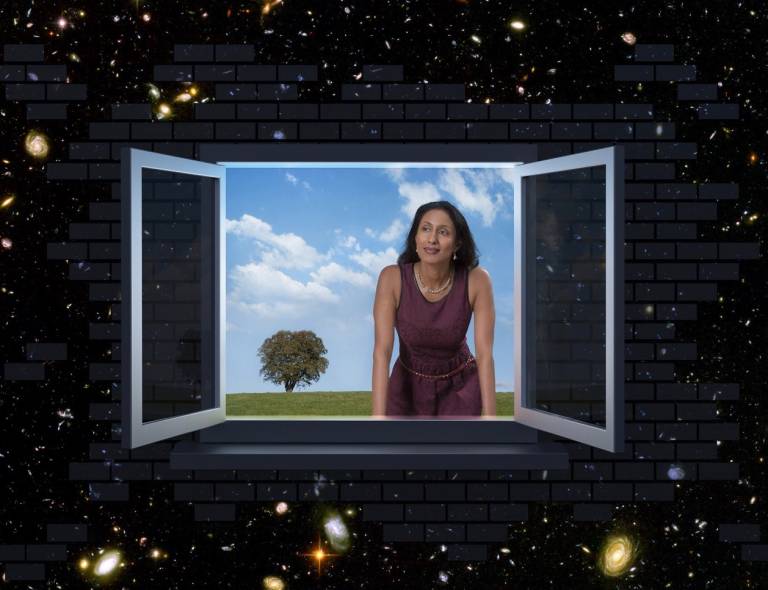 To mark the
occasion, we talk to some inspirational women at UCL about achievements they
are proud of and the pearls of wisdom they have to share with you.
To mark the
occasion, we talk to some inspirational women at UCL about achievements they
are proud of and the pearls of wisdom they have to share with you.
1. Find joy
Hiranya Peiris, Professor of Astrophysics, UCL Physics and Astronomy
Achievement: I am proud to have contributed to two space missions that have helped weave together the story of the Universe. By studying the very earliest light we can see in the Universe's history - the so-called cosmic microwave background - data from the WMAP and Planck satellites answered age-old questions (e.g., by measuring the age of the Universe) and shed light on new mysteries such as dark matter and dark energy. My work on these missions focussed on testing the mind-blowing theory that all the structure in the Universe originated as quantum fluctuations in the instant after the Big Bang.
Advice for students: Find the joy and satisfaction in what you do, and don't be too swayed by what other people think of your choices.
2. Always be inclusive
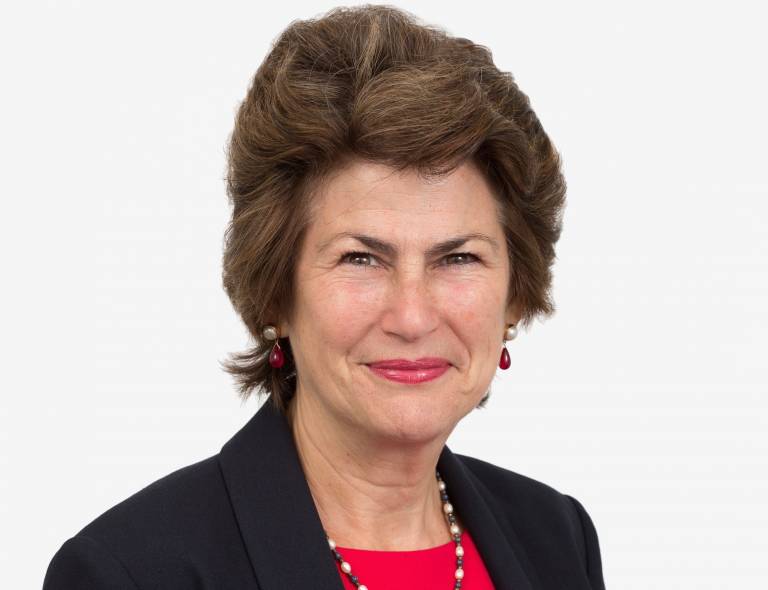
Dr Dame Nicola Brewer, Vice-Provost (International)
Achievement: I came to UCL four years ago partly because of its reputation as the first university in England to admit women on the same terms as men. As a favourite tee-shirt slogan has it, feminism - the radical notion that women are people. When I was at the Equality and Human Rights Commission, the campaign I am most proud of was shifting away from exclusive maternity leave to parental leave. After all, both men and women can be parents.
Advice for students: My advice? Remember what it feels like to be the outsider, and always try to include people who may not look, sound, think, believe or behave like you.
3. Originality and grit are key
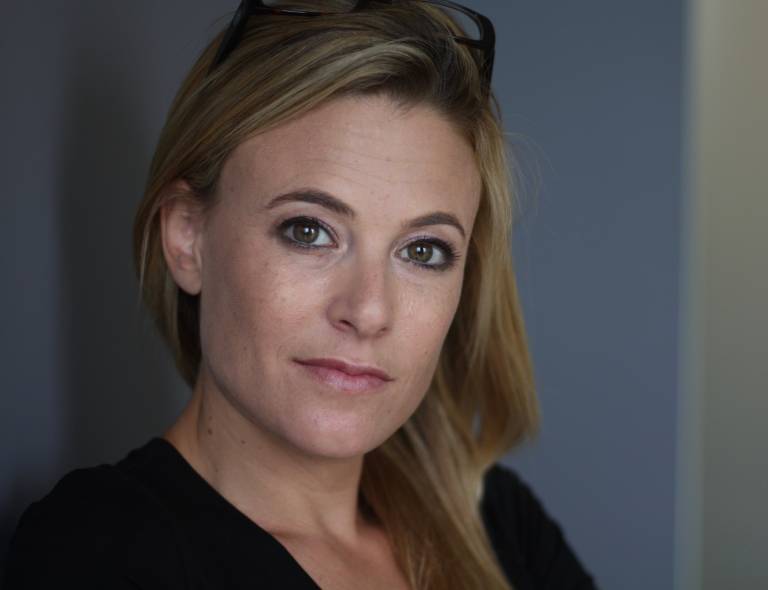
Dr Tali Sharot, Reader in Cognitive Neuroscience, Experimental Psychology, UCL Psychology & Language Sciences
Achievement: My students. I am very proud of the students that graduated from my lab. They have done excellent work and did extremely well in securing jobs and fellowships and publishing their research. Most importantly, they worked hard and stuck with it even when reviews were harsh or results were confusing - eventually it paid off.
Advice for students: The key to good work is originality and grit. Ask new questions, use new methods to answer those questions and hang in there when things are slow and challenging. Actively avoid working in the same space as everyone else, it will be crowded and likely not take you far.
4. Be free to fail
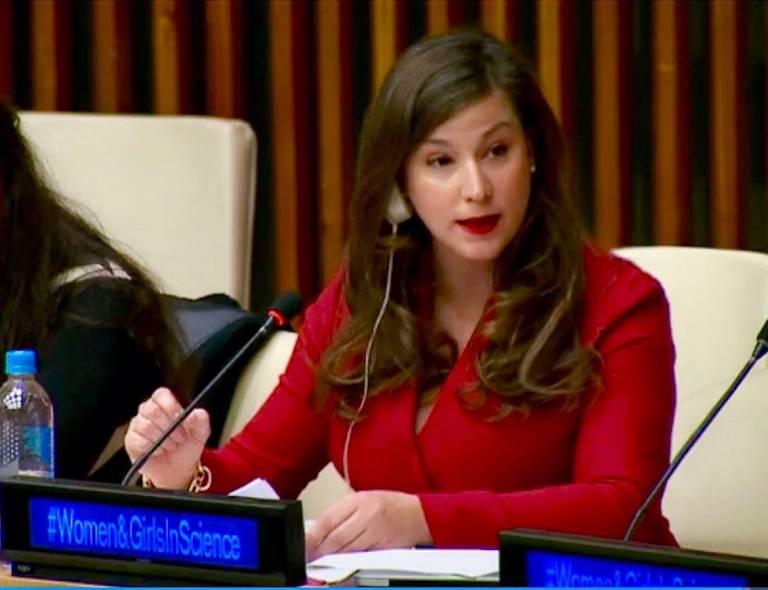
Oksana Pyzik, Global Engagement Coordinator and Senior Teaching Fellow, UCL School of Pharmacy
Achievement: I am proud of championing gender equality for Women and Girls in Science at the local and global level. I have worked with schools in deprived and underserved areas of London to mentor and support girls at risk of exclusion. In February, I was invited to address the United Nations for the International Day of Women & Girls in Science Forum in New York. I delivered a speech titled "Advancing Women in Science & Leadership" which you can listen to here.
Advice for students: Be free to fail. If you aren't making any mistakes, you may need to ask yourself: are you are taking big enough risks? The pursuit of "perfect" does not protect you, it blocks your progress towards reaching your full potential.
5. Don't be afraid
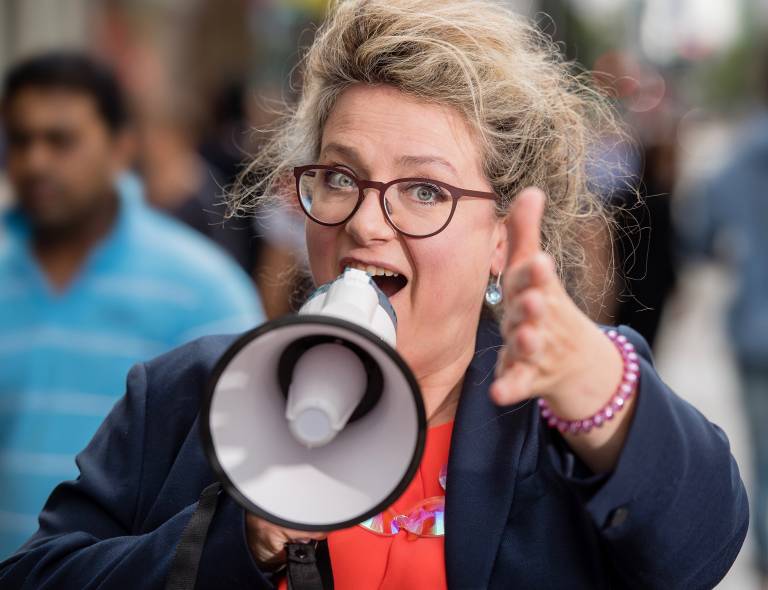
Professor Sophie Scott, Deputy Director of the UCL Institute of Cognitive Neuroscience
Achievement: I am very proud of the people I have worked with in my lab who have made great progressions in their own careers. If there is ever a legacy to a scientific career - and of course there doesn't have to be - it is in the people you have helped get onto the ladder, and whose progression you have (at worst) not hindered and at best, whom you have helped get their own careers going and their own labs. It's a privilege and an honour to get to work with young people at the start of their scientific lives, and it's a delight when they do well.
Advice for students: Don't be afraid to live up to your hopes. I am still so happy - every day - that I have a fascinating and enjoyable job in scientific research, and that I get to do a job that I love. And it was hard work, but it's been hard work that I love to do - which makes it more manageable. No one ever said it was going to be easy!
6. Trust your instincts
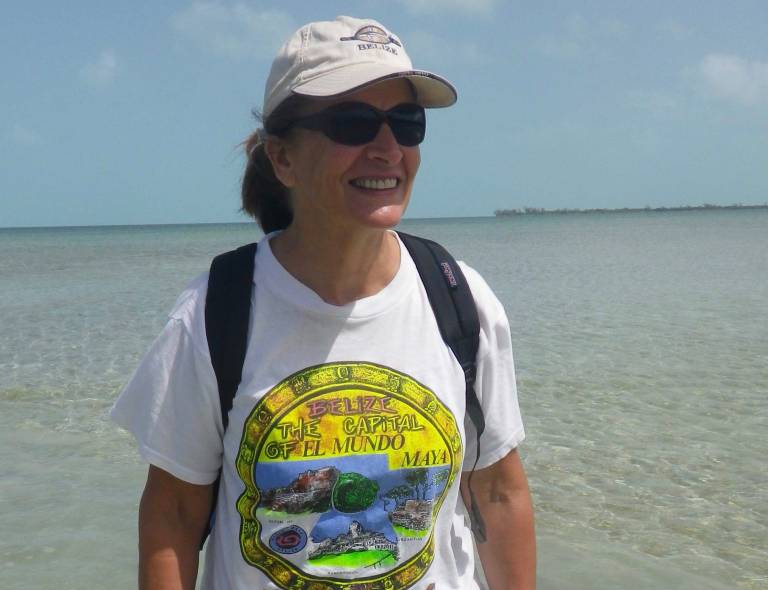
Elizabeth Graham, Professor of Mesoamerican Archaeology, UCL Institute of Archaeology
Achievement: I excavate Maya cities and their riches, but I am most proud of the soils work I have initiated, although there is a long way to go. The research idea concerns the decay of what humans leave behind-buildings, industrial waste, rubbish, interments, human waste-and the ways in which these materials break down and, as an ecological process, produce as well as enrich soil. Most archaeologists are concerned with the artefact bits left behind whereas my focus is what is dug away to reveal the 'bits'. An odd interest, perhaps, but one that can ensure a viable future for agriculture.
Advice for students: Follow your nose.
7. Think long-term
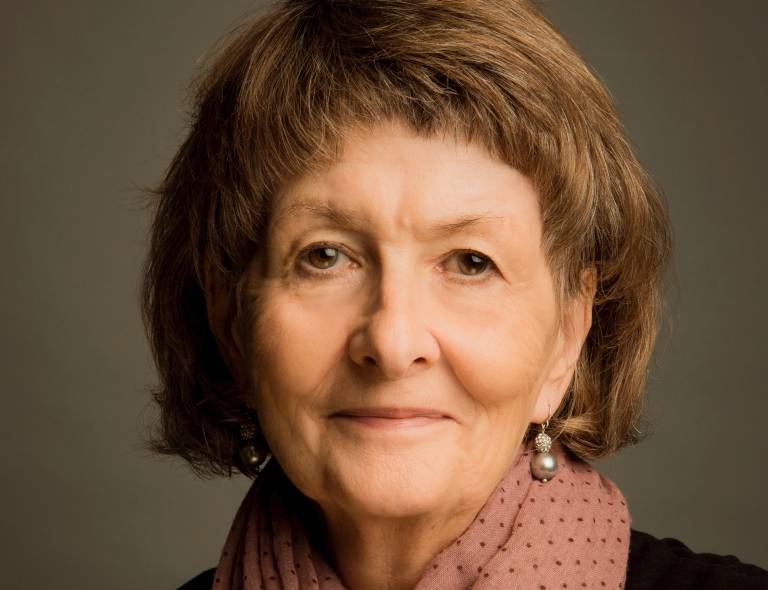
Ann Oakley, Professor of Sociology and Social Policy, Social Science Research Unit, UCL Institute of Education
Achievement: I'm proud of one of my first projects which involved interviewing first-time mothers (in the mid-1970s) and revealed some of the inhumane experiences to which women using the maternity services then were exposed - and which helped to change maternity care. It also led to reflections on the nature of social science research and interviewing which contributed to a more realistic (less 'academic') understanding of what is involved.
Advice for students: Do the work that you think it's important to do, and don't be put off by people telling you that you can't or shouldn't; think of what you want to contribute in the long-term, and don't focus on short-term gains.
 Close
Close

